
4 minute read
WHAT’S IN A NAME?
Boise
By Pamela Kleibrink Thompson
Advertisement
Idahoans might be friendly, but there’s nothing we love more than a good debate—at least as it relates to the pronunciation of our capital city. How to say Boise probably depends on when you got here, and locals are quick to correct (albeit nicely) newcomers who like to emphasize the end.
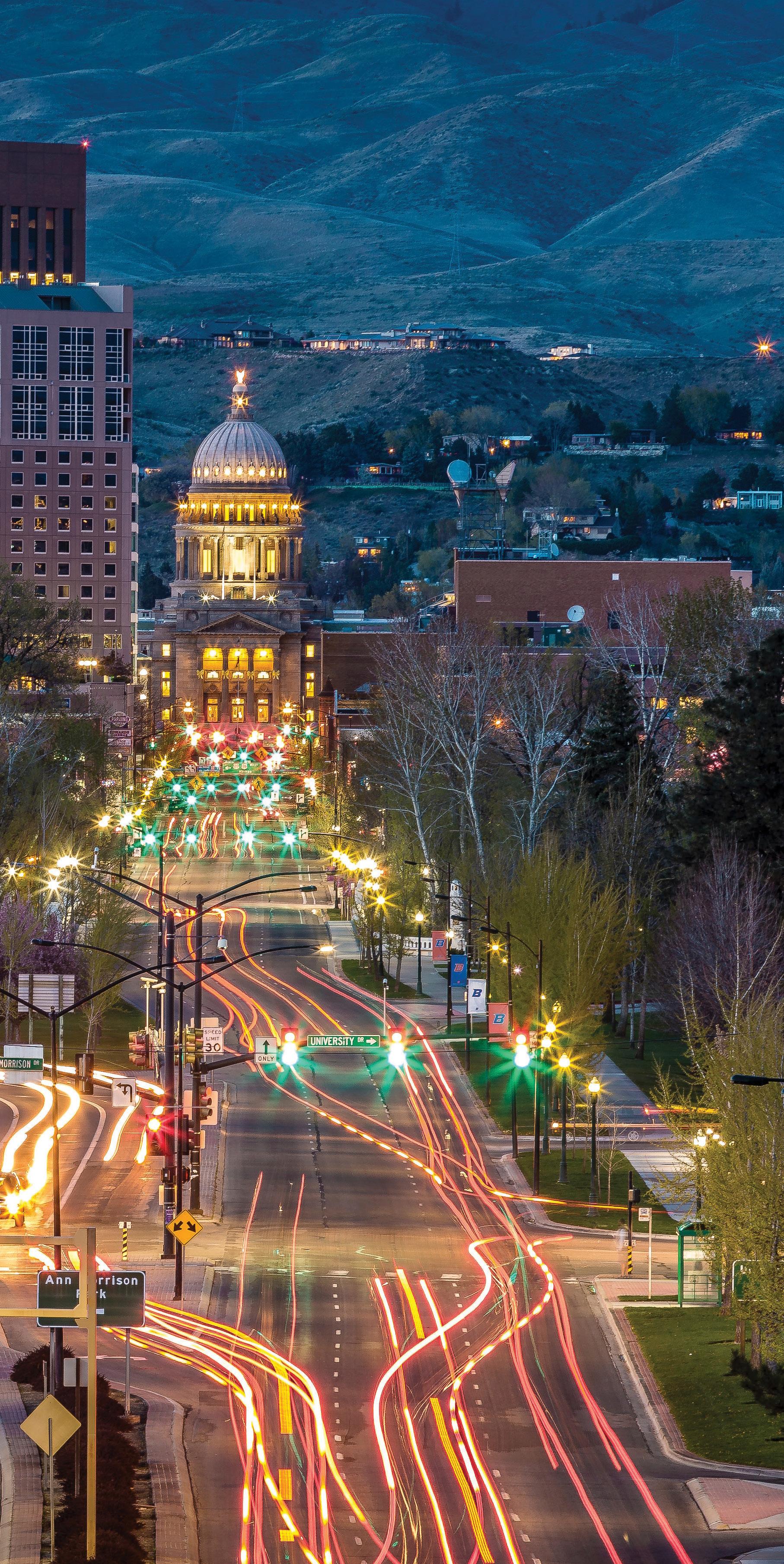
“We love it here in Boy-ZEE,” our friends from out of town will say. Even Google gets it wrong, suggesting the aggressive zee at the end. But it’s a lesson quickly learned, and perhaps the key to remembering correct pronunciation is underscored by the reason locals care in the first place. “BOY, there’s lots to SEE in Boise.”
The debate over what to call our fair city isn’t new, of course. French-Canadian fur hunters once referred to the Boise River as simply Boise, translating an earlier English designation for the stream. By August 16, 1812, Robert Stuart called it “The Wooded River” and fur hunters called the river the Wood or the Boise, depending upon whether they spoke English or French.
Derived from the French word which means “wooded,” the word “bois” is pronounced “BWA”—so technically it shouldn’t be pronounced “BOY-see” at all, though “BWA-see” is a little lacking.

PHOTO BY CHAD CASE VISUALS
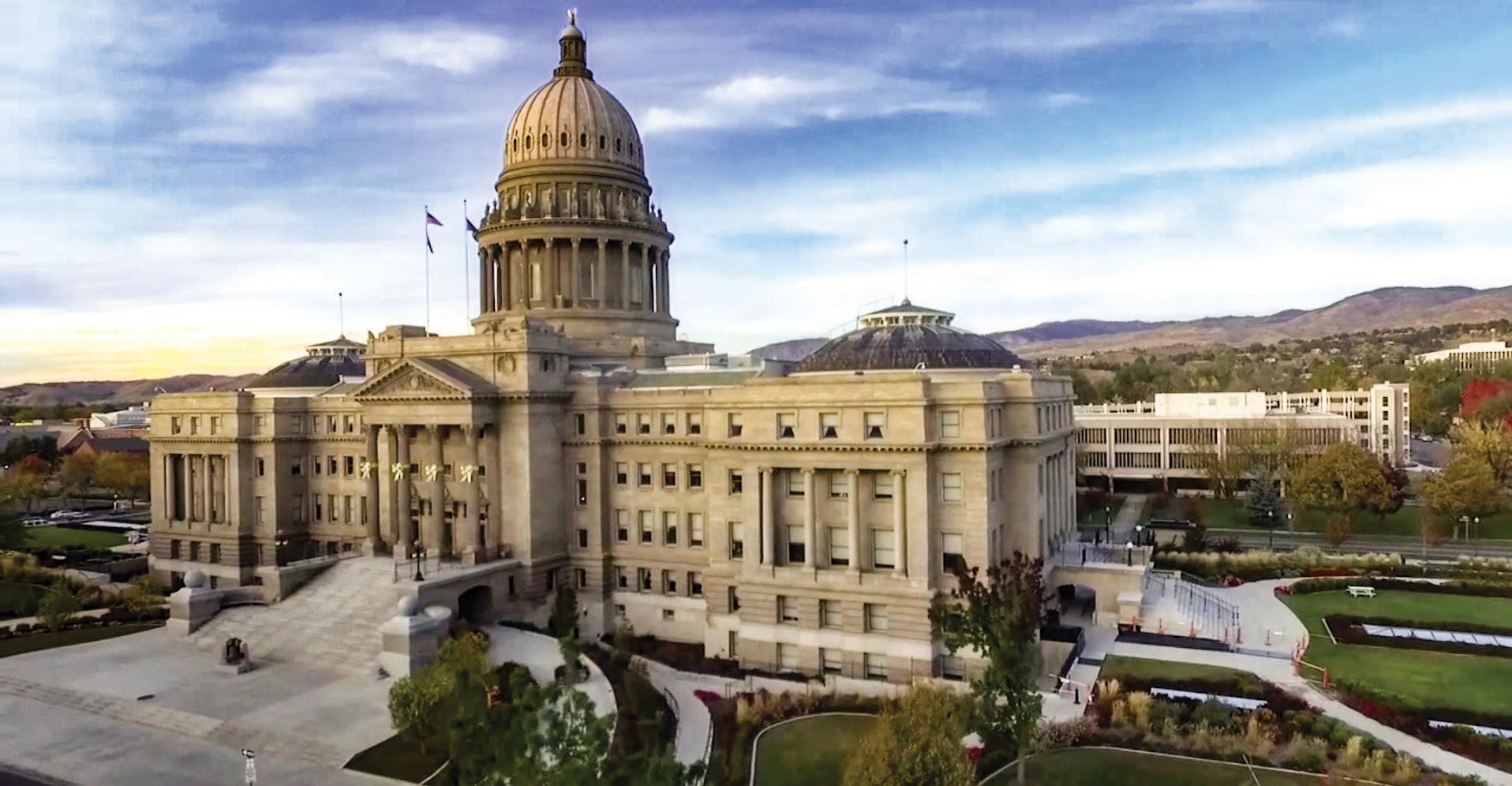
PHOTO BY KAREN DAY
Flash forward to B. L. E. Bonneville, a United States Army officer who led a detachment into Oregon, reaching the Boise River in 1833. Legend has it that Bonneville exclaimed, “Les Bois!” (The Trees!) upon reaching a point at which he could see the cottonwoods along the Boise River.
And, if you’re still having trouble remembering how to say it, pop singer Jewel might be able to help. In 2010, she performed a song called “There’s No Z in Boise” at the Idaho Botanical Garden. The Grammy-nominated artist sang the brand new song for an appreciative crowd of Boiseans. The fans felt she hit all the right notes with these lyrics:
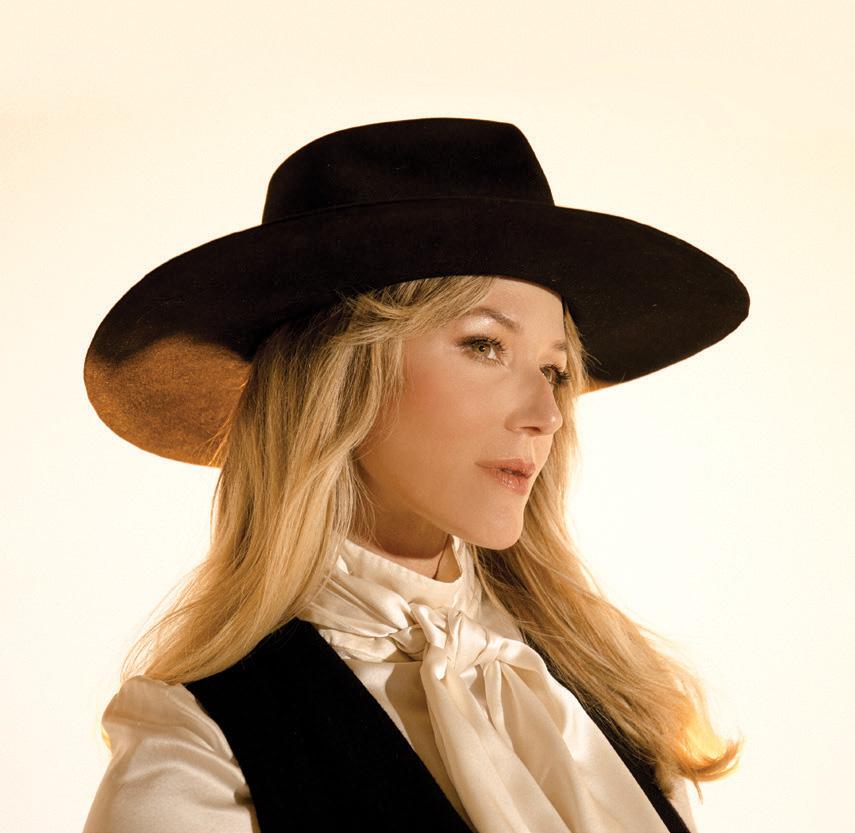
Jewel.
PHOTO BY DANA TRIPPE
Chinden
By Heather Hamilton-Post
“Here in Idaho, we have a little something called pride,” emphasizing the principal in Idaho film favorite Napoleon Dynamite. And it’s true—we’re easygoing about a lot, but we’re pretty particular about names. Garden City’s main drag, for example, has been hotly debated—even amongst locals. Should it be pronounced “Chin-din” or “Shin-din?”
Although Garden City’s early history is something of a mystery, we know that around 1863, Tom Davis came to Boise to mine gold. As he bought parcels of land (the 650 acres that is now Garden City), he began growing apple trees, vegetables, and hay. Little to nothing remains of that Garden City, and almost no photographic evidence exists.
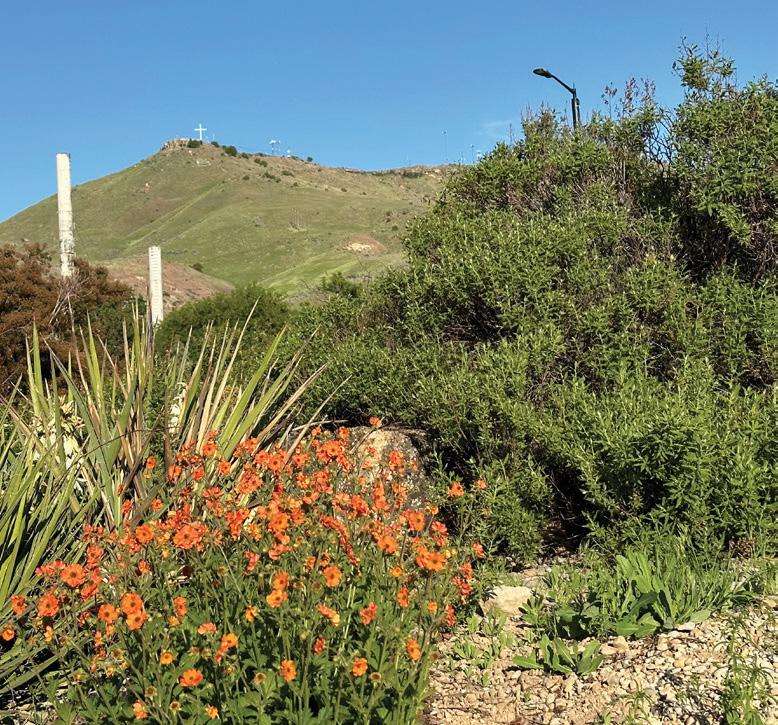
PHOTO BY KAREN DAY

PHOTO BY KAREN DAY
History tells us that Davis befriended some of the resident Chinese population and reportedly respected the work they’d done cultivating the land, which they’d leased from him after their search for gold yielded few results. In 1908, Davis died and his children took over the estate, allowing Chinese farmers to continue making a living on their crops. Over time, the ranch was sold and the Chinese gardeners disappeared, but their legacy lives on.
“Chinden,” then, is a combination of the words “Chinese” and “garden.” Donna Kahn, who wrote a book on the history of Garden City, found that what is now Chinden was once a two-lane road (then Highway 20/26) that wound its way through the Chinese gardens. When they renamed the road, a resident won $50 for their submission of Chinden—and we’ve been talking about it ever since.
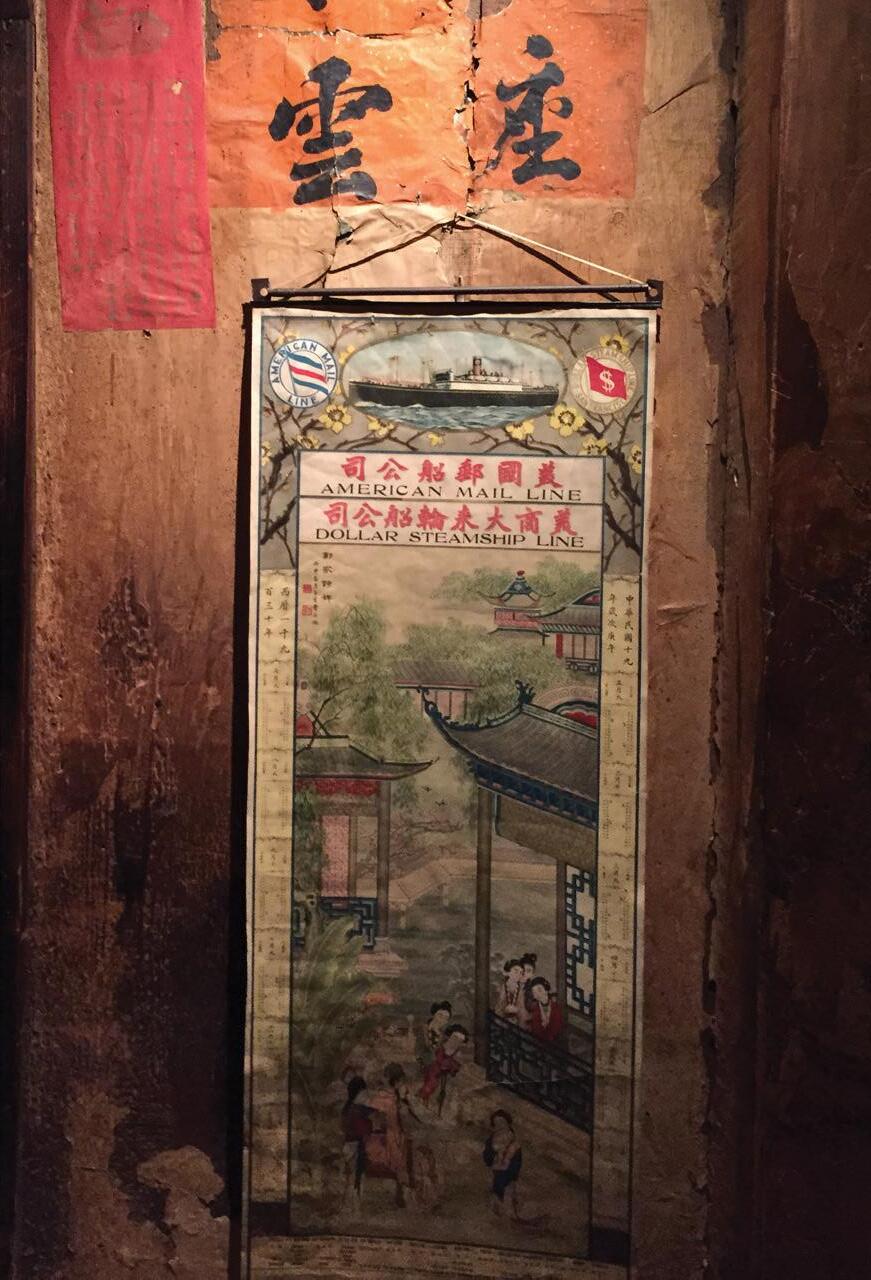
In the 1850s, the Chinese established gardens near what is now Chinden. while the gardens were ultimately destroyed, the impact of the people who grew them lives on
PHOTO BY KAREN DAY

In the 1850s, the Chinese established gardens near what is now Chinden. while the gardens were ultimately destroyed, the impact of the people who grew them lives on
PHOTO BY KAREN DAY










